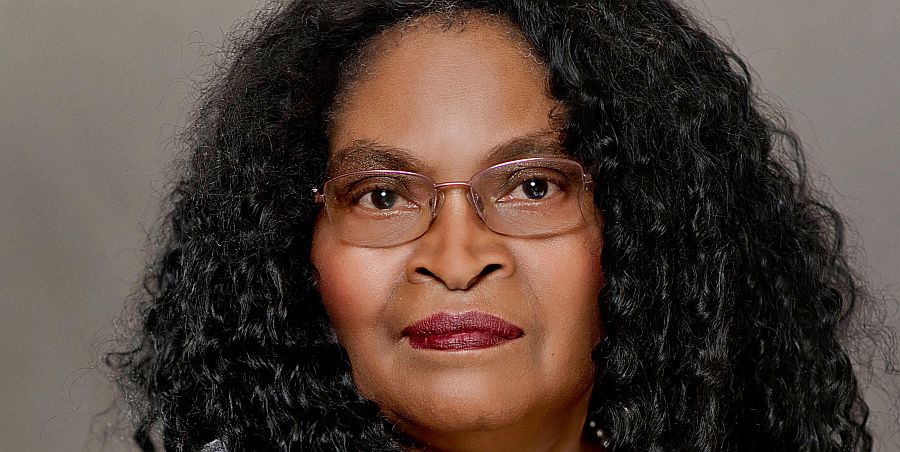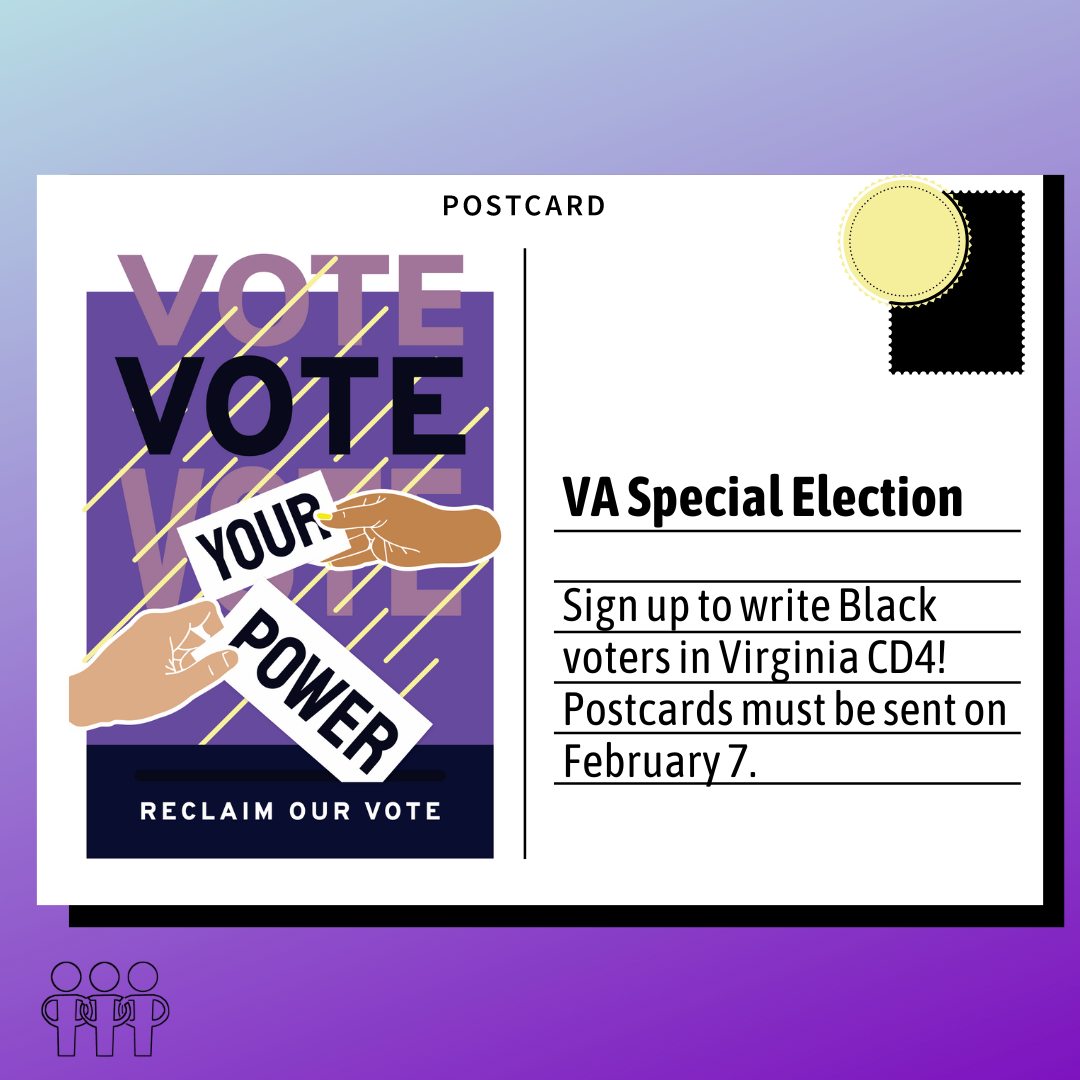
As a Digital and Elections Strategist, Andrea Miller emphasizes a voter outreach program that builds for the underrepresented members of the Black community, changing the perception of what it means to be a voter. Center for Common Ground was founded to educate and empower voters in voter suppression states to engage in elections and advocate for their right to vote. Andrea Miller and Center for Common Ground show us what it looks like to use technology to meet voters where they are.
February commemorates Black History — has this year been different from past years?
There’s a very definite ‘yes’, and that is because we’re still getting all the blowback from critical race theory and now we’re looking at how much they [plan to] remove African Americans, Hispanic Americans, Asian Americans from American history. So yes, this Black History Month has been probably one of the most important Black History Months because we realized as people who are about to have our contributions marginalized if not outright erased that this is very, very problematic. And who thought that in 2023, this is where we’d be?
As a digital and electoral strategist, how does your work at Center for Common Ground commemorate Black communities?
We work with BIPOC populations generally who have stopped voting because one of the things I know and understand about Black voters is in many instances when people stop voting, there are barriers that they were just not able to overcome on their own. We did a survey with our partners at the Atlanta NAACP, with whom we immediately set up an Action Network account, and they surveyed 1,000 Black voters in Atlanta who did not vote in the 2020 Run-Off election. And there were three main reasons that people gave for not voting. Reason number one, they didn’t know where to vote. Reason number two, they didn’t have a way to get there. And the distant third reason was they didn’t like the candidates.
There is a tremendous amount of interest in the African American community about Black candidates. We just had the Virginia Fourth Congressional District Special Election. We ran phone and text banks. We actually did postcarding, and we primarily targeted Black Voters. We were able to make history by sending the first African-American woman to Congress from Virginia, but like, come on people, it’s 2023. Virginia as usual, you are a couple of decades late, but fine, we’ll take it.
Not only did Jennifer McClellan win the Special Election, she did 10 points better than the incumbent predecessor, who in November took 64% of the vote out of the district. In February of 2023, Jennifer won 74% of the vote. She took 92% of the vote out of Petersburg, Virginia — she’s a Petersburg girl — 90% out of the city of Richmond, 81% out of Henrico. So we are very excited because those were areas where we were phone banking and texting and we were doing outreach to voters who had no idea the election was even going on.

Taking into account the differences that exist with the economic, political, and social systems, how does the Center for Common Ground support voters who do not have access to technology?
I’m glad you asked that question. Everything that we do is really designed for voters who have no technological capabilities. And that may be because of age, it could be because of their income, or it could be because they’re rural and there is no infrastructure. So everything that we do has both a digital component as well as a non-digital component, if you are online, then go here, otherwise, call the registrar at this number. We figure everybody’s got a phone or they at least know someone with a phone so they can call and ask the question, where do I vote? And one of the other things that we’ve learned is that counties and cities can be very haphazard with the information they put on their website. The elections department gets a new phone number, and they don’t race to update that on their website. Every phone number that goes out in any piece of information from the Center for Common Ground has been called and verified by someone. [We ensure] that this is a phone number that rings at the desk of a person who can answer questions about an election. We were the first ones who knew in 2020 that the Fulton County Board of Elections was closed because we called for two weeks straight and nobody answered the phone. And we would not release our postcard addresses until we spoke with someone from Fulton County.
I want to talk about our theory of change. Our theory of change is if you only go after the consistent voters, that’s a recipe for losing the election. Because even consistent voters are going to miss an election here and there. And if enough of them miss it, you’re not going to win. We won in Alabama in 2017 when nobody believed we would win by reaching out to Black voters in the Alabama Black Belt with information on where to vote and how to get a ride to get there. Just as Alabama is not just Birmingham and Huntsville Georgia is NOT just Atlanta.
I looked at the numbers and I realized that there are probably 600-700,000 Black voters. And when I look at Primary and Special Elections, you gauge them against each other, you can’t compare a special to a General election in November. The numbers showed that 60% of the Black voters in Alabama are not showing up for a Primary. So that means they potentially aren’t going to show up for the Special election either. And I happened to know that the other side had a really unpopular candidate. We specifically called rural Black voters in the Alabama Black Belt (it is a collection of rural counties directly west of Montgomery (the Capitol). We made 40,000 calls in eight days, and the rest is history.